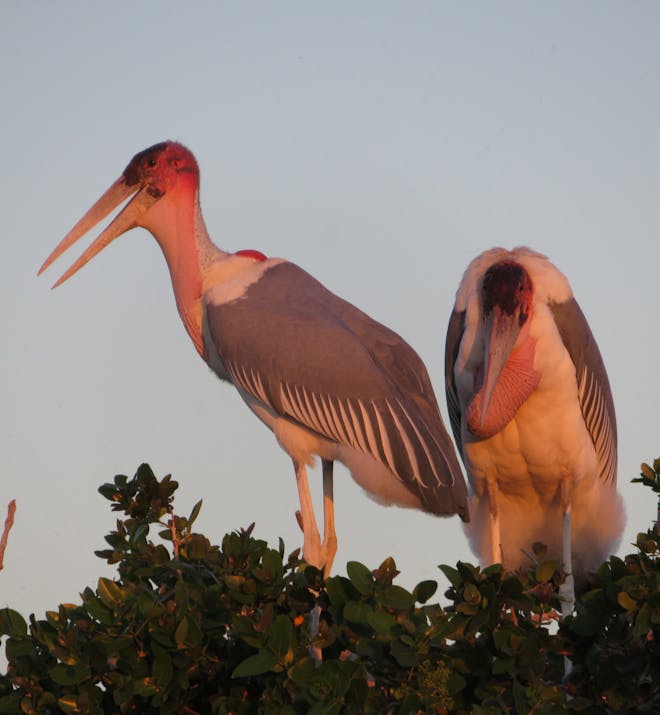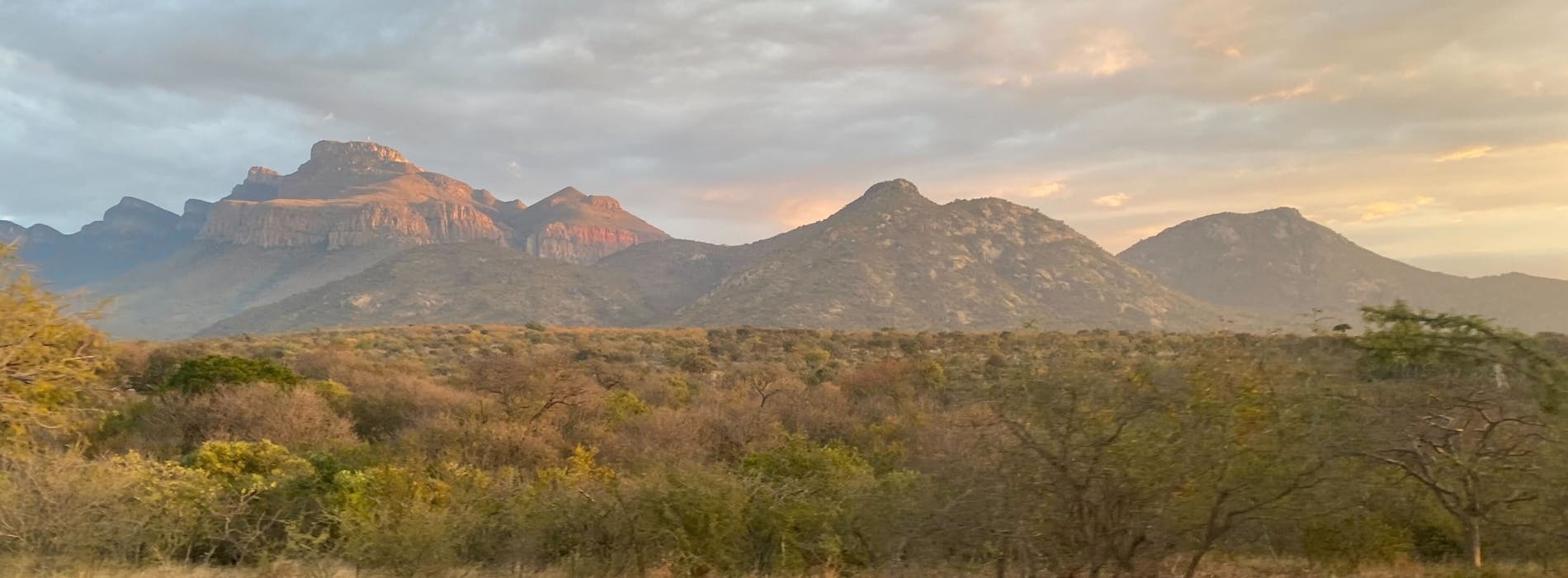
In early July, I travelled to Botswana to join the Okavango Wilderness Project. This was my second placement with African Conservation Experience (ACE), and I knew that I would be welcomed by the ACE team at Johannesburg Airport, who would make sure I caught my connection to Maun. I was excited by this opportunity as a conservation traveller to actually live in a bush camp with basic facilities for three weeks.
I loved leaving technology and the trappings of my everyday life at home to embrace this opportunity to live deliberately. To shower, I needed to think of others also considering showering, and make sure there was time to accomplish this around our schedule and camp chores, which our project coordinator explained to us daily. Was there enough wood cut to build up the fire, water already in the cauldron, or did I need to add more and wait a while for it to heat? It was then the fun of negotiating the challenge of soaping up, washing hair and rinsing with a single bucket of water, a canvas bag of warm water hanging on a rope over a shower pan. Doing laundry by hand in a canvas basin was a similar activity. It was impressive that with careful planning, one could wash, dry, and wear those clean clothes before going out on the afternoon transect!
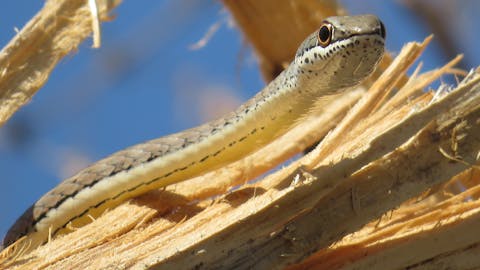
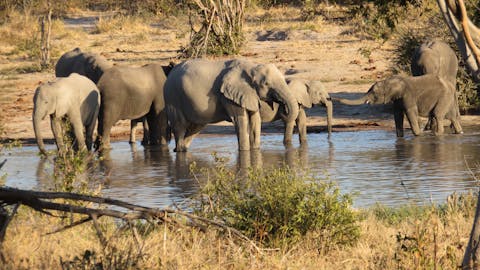
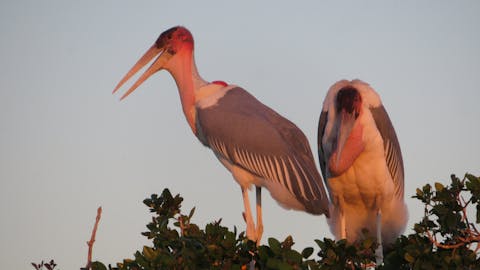
I so enjoyed living with two different groups of fellow travellers, a cheerful group of younger travellers with stories to relate of earlier placements who worked well together, and happily joked with the older few, making everyone feel welcome and part of one jolly family. We eventually had to wave goodbye to these friends and adapt to an incoming group. I always marvel that even a single person can change the dynamics of a group, but we quickly adapted to each other, reminding to cut firewood or refill the water cauldron or join the cooking crew, passing on the basic necessities of living together in camp.
After dark was yet another experience in the bush with the array of the Milky Way overhead and, safe in our tents, the “snorer” keeping some awake, the low rumble of lions quietly connecting while an occasional herd of elephants skirted the camp. I was awakened one night by elephants munching so close to my tent that I could hear the gurgle of their stomachs and intestines processing an earlier meal while they pulled down further vegetation. Lying silently in my tent, I have never felt more in tune with nature and thrilled by the experience and eventually gave in to sleep trusting that elephants regard two-person tents as just small mounds on the landscape. I, for one, was not venturing outside to cause a rampage.
I learned to cook a variety of meals in a covered black pot on the hot coals of the fire ready for the evening meal or lunch the following day. I was taught by the resident cook and I loved talking to him as we sat around the fire in the evening learning some bush skills. Climbing into the truck one morning we forget to pack the kettle and learned this only when we broke for lunch. Unphased, he asked us if we had remembered to bring milk. Emptying the milk into cups, he boiled water for tea in the carton several times until we all had tea.
A highlight of mine was learning to read tracks and seeing it done by the experts was awe-inspiring! We tracked eight adult elephants and two youngsters; lion footprints less than twenty-four hours old (and made a plaster cast of them); a cape buffalo, giraffes with heads held high and two red-crested Korhaan. And then the day it seemed there were hippos at every large pan with a herd of elephants either on the horizon or down at the pans near Tuskers for a final drink before sundown.
Our journey to Moremi and to the Okavango was quite long, but we then transferred to a shallow-bottomed boat and glided along waterways, feeling lost in a sea of tall grass. A malachite kingfisher alighted with its red beak and malachite feathers glowing in the late afternoon sun. Hippo ears appeared from the depths, warning us to get lost before it tipped us into the water with the crocodiles, while nonchalant white water lilies studded open areas. What a contrast from the Mopane trees and sandy conditions of Mankwe! Sunset on the Okavango while watching the maribou storks and cormorants settle at the heronry for the night was awesome. With our project leader offering tips on camera settings, we watched the sun’s rays slanting across the water, colouring everything with its red glow and then fading as the sun dipped below the grasses and out of sight, leaving us in gathering gloom and heading back to our island abode for dinner.
I could have stayed in Botswana forever! But I returned home well-rested and with memories of wild dogs, the cold of dawn, the bustle of Mann, the hard pavement as we trundled along to complete a bird count or another transect, adding our data to the growing data on the wildlife of the concession. It was a profound experience and one that will stay fresh in my psyche forever. Writing this, I yearn to return…
